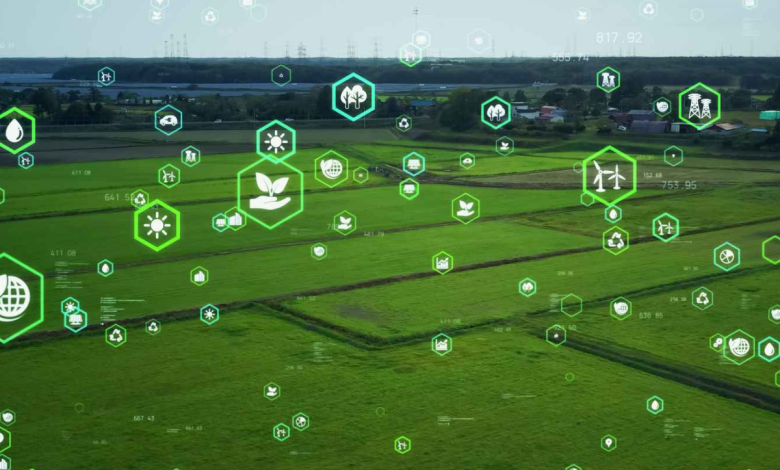Can AI Help Tackle Climate Change?

From hurricanes in the US to the wildfires in Greece and floods in Australia, climate change is an enormous threat to Earth. The world must explore innovative solutions to help mitigate the effects of the climate crisis.
Artificial intelligence (AI) has emerged as a promising tool. It has the potential to revolutionize how we address global challenges. AI has far-reaching applications. AI allows computers to intuit, imitate, and improve on human behavior, and decision-making. It recognizes and internalizes patterns and features in vast amounts of data (machine learning).
Meteorologists are using it to better forecast extreme weather events and allowing farmers to grow crops with significantly less water. AI algorithms, as per IBM, enable remarkable speed in processing vast amounts of data, resulting in faster and more immediate weather predictions. The ability to analyze extensive data sets in real time allows meteorologists and forecasters to provide timely and up-to-date information to individuals, businesses and governments.
Fight Climate Change
Over the past decade, scientists have turned to technology, AI and machine learning to fight climate change. Weather cannot be predicted 100 percent accurately, but with AI, scientists can identify weather patterns, changes, heavy rainfall and cyclones with up to 99 percent accuracy. Timelier and more precise predictions can help people better prepare for storms and minimize risks.
Sophisticated weather models can account for complex weather conditions that are difficult to simulate through other means. AI-driven automation processes bring enhanced efficiency to weather forecasting operations. AI helps meteorologists to focus more on the interpretation, analysis and communication of weather information. Scientists can also delve deeper into the implications and impacts of weather conditions, providing valuable insights and actionable recommendations to various stakeholders.
Technology can support disaster responses by quickly processing information and directing resources to where they are most needed following extreme weather events. Experts believe AI-supported smart cities can also reduce resource waste by optimizing water and energy use.
Challenges
However, some experts warned that certain AI technologies consume significant amounts of energy. This could ultimately exacerbate climate change. AI has its fair share of limitations. According to UN experts, there are issues throughout the technology’s life cycle that can harm the environment and contribute to a warming planet.
The “GPAI Climate Change & AI: Recommendations for Government Action 2021” stated that AI is not a silver bullet. It is not always applicable, and there is a real danger that it may distract or divert resources from less flashy tools or approaches. AI technology consumes enormous amounts of energy. And emissions from large data farms and processing centers cannot be overlooked.
The making or manufacturing of AI technologies require rare minerals and resources such as cobalt, tantalum and lithium. The extraction of these comes at a serious human and environmental cost. Furthermore, the complexity of weather systems questions AI’s accuracy. Effective integration of AI technologies requires infrastructure, resources, and expertise to collect, analyze and interpret vast amounts of weather data.
At the end of the day, man-kind (humans) are essential for interpreting and communicating weather information.



